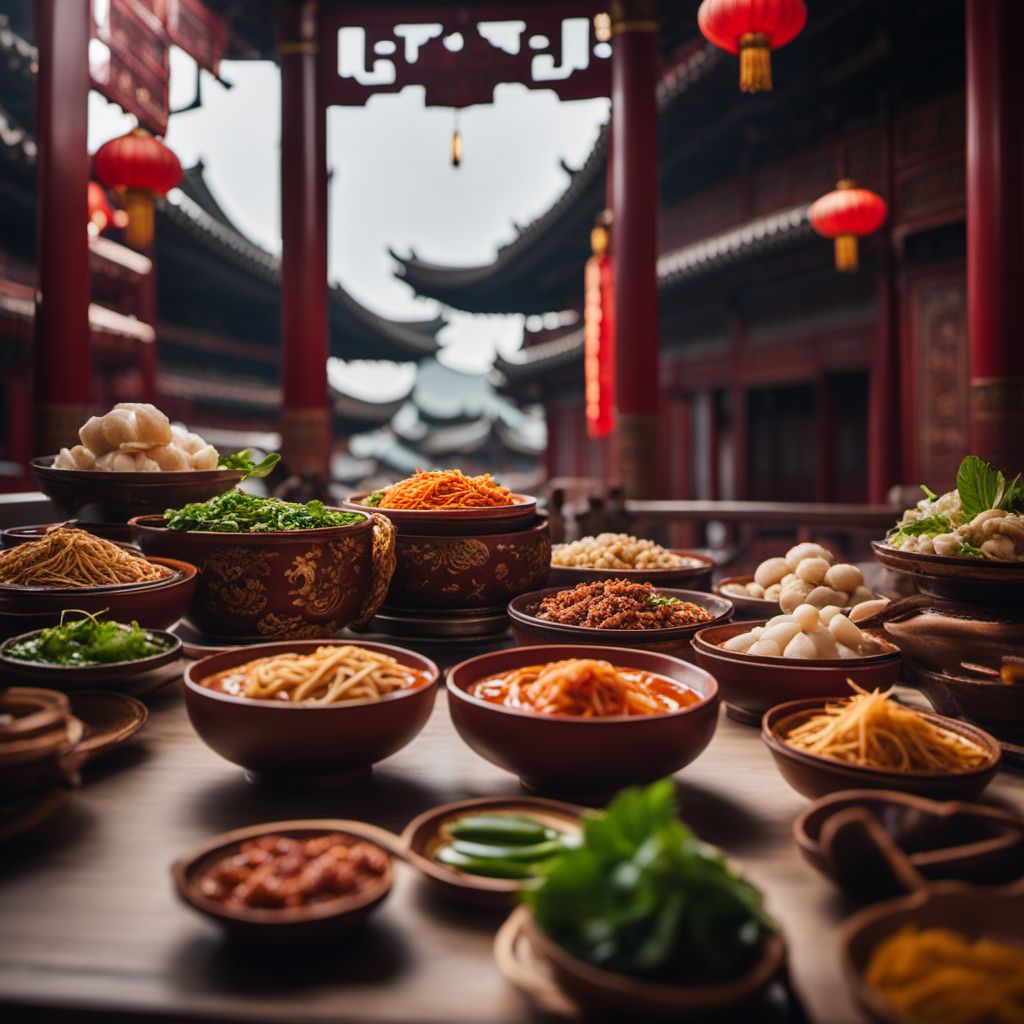
Cuisine
Chinese religious cuisines
Chinese religious cuisines include Buddhist, Taoist, and Muslim cuisines. These cuisines are characterized by their use of vegetarian ingredients, halal meats, and specific cooking techniques. Chinese religious cuisines are also known for their emphasis on balance and harmony in food.
Typical ingredients
Vegetables, Tofu, Soy products, Halal meats, Rice, Noodles, Herbs, Spices
Presentation and garnishing
Chinese religious cuisines are often presented in a simple and elegant manner, with an emphasis on the natural flavors of the ingredients. Garnishes may include fresh herbs and edible flowers.
Chinese religious cuisines are also known for their use of specific ingredients and cooking techniques that are unique to each cuisine.
More cuisines from this region...
Chinese Islamic cuisine, Chinese Buddhist cuisine, Taoist diet
History
Chinese religious cuisines have a long history dating back to ancient times. These cuisines have been influenced by religious beliefs and practices, as well as regional ingredients and cooking techniques.
Cultural significance
Chinese religious cuisines are an important part of Chinese culture and are often served at religious festivals and ceremonies. These cuisines are also popular among health-conscious individuals who follow a vegetarian or halal diet.
Health benefits and considerations
Chinese religious cuisines are known for their health benefits, including their use of fresh vegetables and vegetarian ingredients. However, some dishes may be high in sodium and fat.
Chinese religious cuisines recipes Browse all »
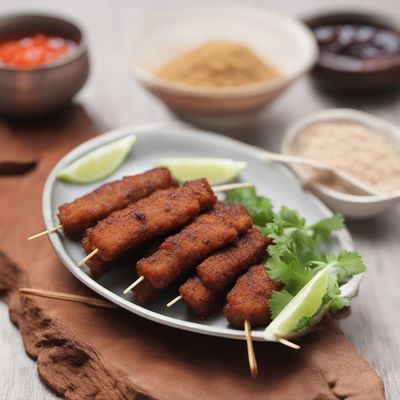
Crispy Lotus Root Kebabs
Golden Lotus Delights: Crispy Chinese Style Kebabs
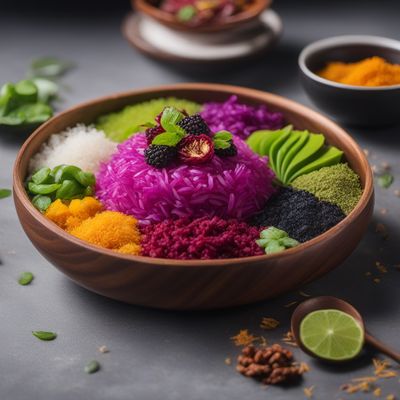
Five-Color Sticky Rice
Harmony on a Plate: Five-Color Sticky Rice
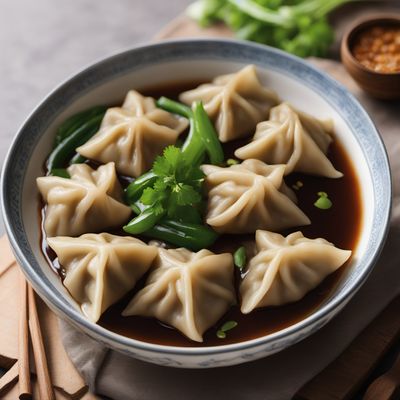
Chinese-style Beef Dumplings
Savory Beef Dumplings with a Chinese Twist

Chinese-style Pepper and Potato Frittata
Savory Egg Medley: Chinese-inspired Pepper and Potato Frittata

Chinese-style Soyo
Divine Delight: Chinese-inspired Soyo

Chinese-style Sweet Potato Fritters
Golden Crispy Delights: Chinese-inspired Sweet Potato Fritters

Chinese-style Shrimp and Grits
Savory Shrimp and Grits with a Chinese Twist
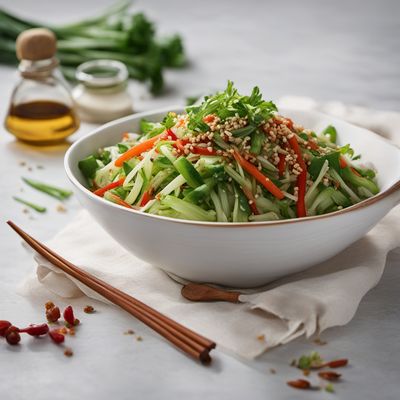
Chinese-inspired Moravska Salad
Sesame-infused Moravska Salad: A Fusion of Czech and Chinese Flavors
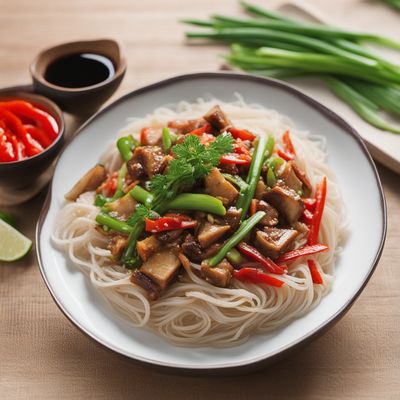
Vegetarian Bee Hoon with Chinese Flavors
Savory and Flavorful Vegetarian Bee Hoon with a Chinese Twist

Chinese-style Niçoise Salad
East Meets West: A Fusion of Flavors in Chinese-style Niçoise Salad

Chinese Almond Cookies
Fortune-Filled Almond Delights

Chinese-style Mumawwash
Savory Chinese Dumplings with a Middle Eastern Twist